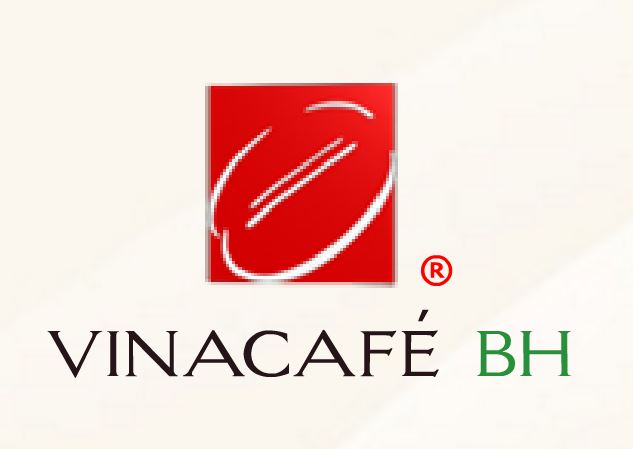In recent years, the assistance programs of the Danish government and the Danish International Development Agency (Danida) have been a catalyst for a number of investment projects in Vietnam.
The Dong Hiep pig farm in Ho Chi Minh City's Cu Chi district, for instance, is using the most modern livestock breeding techniques in Southeast Asia to raise the best pigs. Started in 2002, the farm came into operation in mid 2004 and currently rears about 7,500 pigs for food and 1,300 sows, providing the market with 70 tonnes of pork and 700 piglets each month. The farm plans to increase the number of pigs to be eaten by 2.5 times, while doubling the number of sows by 2006 in order to provide the market with about 32,000 piglets and 1,500 tonnes of pork each year.
Ngo Cong Hien, former director of the farm, said that investment in the project totaled US$5.4 million, including a US$2.3 million loan from the Danish Mixed Credit, which was provided via Danida. "Since the farm began applying new cattle breeding techniques transferred by the Danish side, the productivity and the quality of the pigs at Dong Hiep has improved considerably. In the past, the farm employed about 100 workers, which has been reduced to 58 employees. The application of new cattle breeding techniques has also allowed the farm to minimize environmental pollution," Mr. Hien said.
Through the Danish Mixed Credit program, the Danish government provides preferential loans for 8-15 years with no interest except a low management fee. The program is meant to support investment projects in developing countries, with Danish exporters providing the projects with machinery, materials and technical support.
In Vietnam, apart from the Dong Hiep pig farm, many other projects have been successful thanks to the support of the Danish government via the Danish Mixed Credit program. A typical example is the VinaCafe Bien Hoa project. After three years operating its new production line, VinaCafe Bien Hoa, which specializes in producing instant coffee, has increased its productivity and profit by four times. Bui Xuan Thoa, general director of the company, said, "Providing mixed credit is an economical and effective measure to support companies with large-scale investment projects."
Started in Vietnam in 1996, the Private Sector Development Program (PSD) has been a popular tool to promote economic relations between Denmark and Vietnam. When Danish companies come to Vietnam and find a suitable Vietnamese partner, the former make a feasibility study for a joint venture or business cooperation project with the latter. The PSD program supports feasible projects by financing part of the training of human resources, the transfer of technology and the improvement of management skills. The support for each joint venture project lasts for three years and may amount to US$200,000.
Peter Slente, manager of the PSD program and the Business Linkage Program, said that over the past 10 years, PSD has supported more than 50 joint-venture projects in Vietnam. Each year, the program has directed more than US$10 million go into joint venture activities in Vietnam, which has been a big help for Vietnamese partners in joint ventures with Danish companies.
"We support all types of businesses in any field. It is estimated that up to 80 percent of the PSD-funded projects are operating successfully. That is a very high percentage," Slente added. Currently, PSD is active in 16 countries, but it is the most active in Vietnam. Its funding for investment projects in Vietnam accounts for 15-20 percent of the total value of its support for all the 16 countries.
This year, Danida has brought another program to Vietnam - the Business Linkage Program, which aims at quickening the equitization (partial privatization) of small and medium-sized state-owned enterprises in Vietnam by finding Danish investors to invest in those enterprises. Through the Business Linkage Program, each Vietnamese enterprise being equitized can be supported with US$100,000 (DKK500,000). "We are developing several projects and believe that this program will benefit Vietnam, especially its economy," Slente said.
Apart from these sources, Vietnamese businesses can also seek aid from the Industrialization Fund for Developing Countries (IFU). IFU pools capital in joint-venture companies of Vietnam and Denmark and hold some position in the management of these companies. Thus, companies can share risks with IFU and benefit from its management experience and technical assistance. Since 1992, IFU has pooled US$70 million in 11 projects in Vietnam, including Halida beer, Huda beer, ScanCom, Orana Vietnam, VidaGis, Topas Eco-Lodge, and Sea Saigon Shipping.
By Hoang Le - VEN


